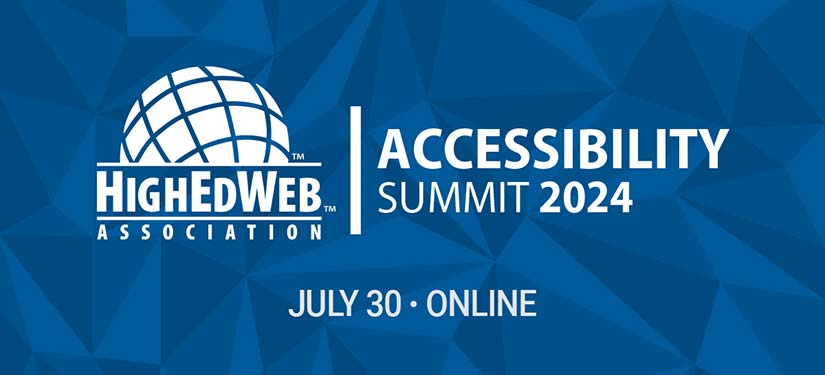We’ve seen your accessibility programs: trainings, audits, browser plugins, crawlers, dashboards, spreadsheets…still getting complaints, re-audits, re-trainings… and all the while, your content creators are expressing nervousness (“I just don’t know if it is accessible”), competing priorities (“oh right…I’m supposed to use your dashboard…”) and burnout (“I can’t deal with this right now; we’ll work on accessibility next month. Maybe.”).
Well, here’s a little secret: your content authors need so much attention because auditing tools were not written with them in mind. Give them tools made for authors, and you can say goodbye to phrases like “Oh, that’s a false positive,” “Oh that’s just a theme issue,” “Oh we have to open a ticket about that; feel free to disregard it…”
We will present several ways to redesign editor-facing interfaces to create more accessible content by default, and provide some history and integration tips for Editoria11y and Sa11y: two open-source “accessibility spellcheckers” built to embed directly into the CMS, so that content creators can teach themselves how to write meaningful links, better text alternatives, logical heading structures and so much more…without nervousness, competing priorities and burnout.
Presenters
- Adam Chaboryk — Toronto Metropolitan University
- John Jameson — Princeton University
Log in
Please log in to access the recording, slides and other session materials. Paid members have full access to the entire library.
New members
HighEdWeb offers several membership classes. Join today as a premium, affiliate, student or institutional member for full access to this session. Become a paid member.
Shortcode
WCA3
